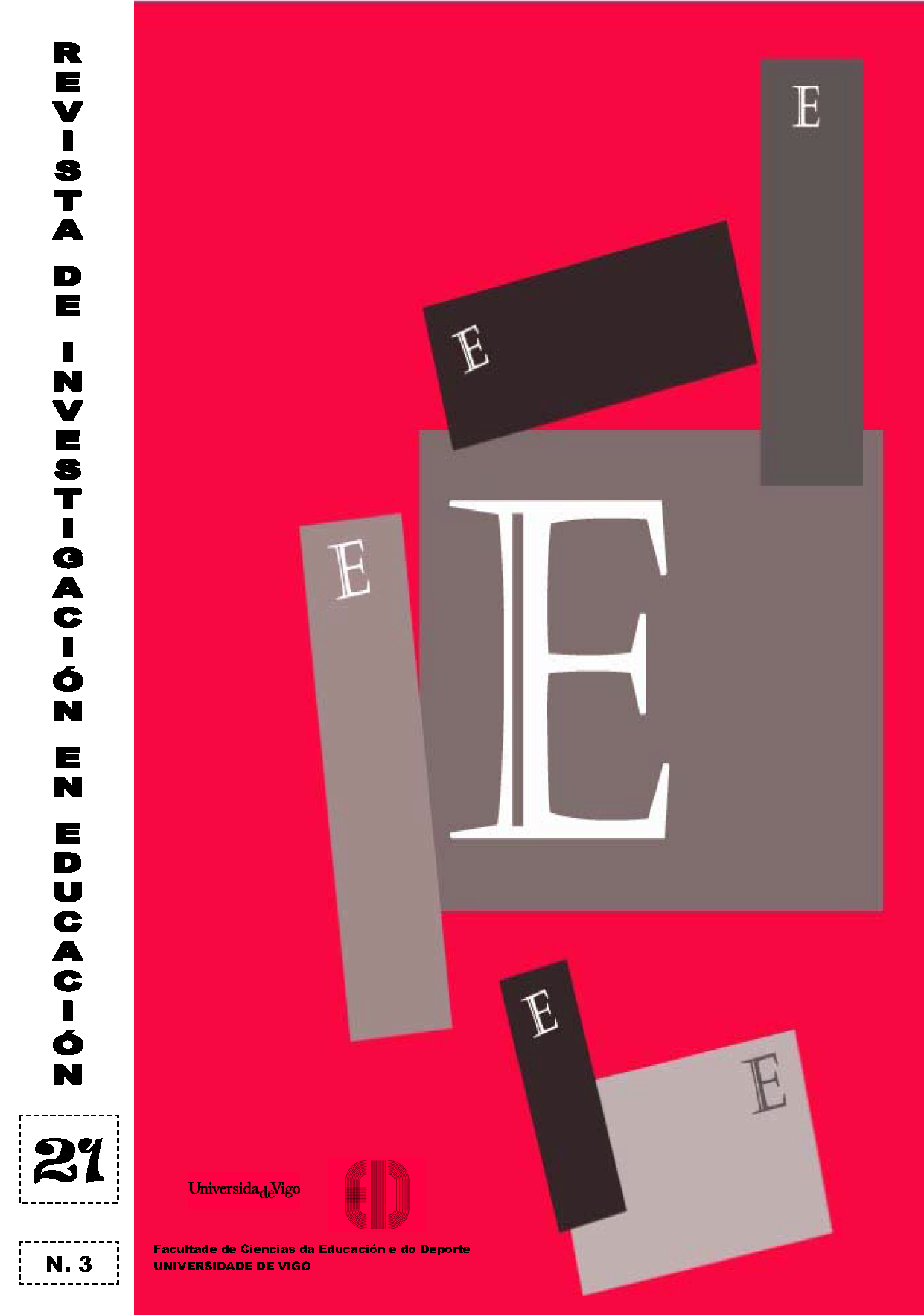Being inclusive in an exclusionary context: a case study in the rural classroom
DOI:
https://doi.org/10.35869/reined.v21i3.4986Keywords:
Access to Education, Equal Opportunities, Social Inequality, Educational InclusionAbstract
If we want to break down the barriers that impede the right to education and build a truly inclusive society, we have to show that the process can start at school and be initiated and strengthened by teachers. This research presents a case study in which we analyse how a high school teacher - with a clear commitment to social transformation - perceives and practices educational inclusion in a rural context with students from the Programme for the Improvement of Learning and Achievement (PMAR). The results show that the teacher's inclusive attitude develops from critical knowledge, ethical desires and inclusive practical thinking that stems from a moral commitment to human rights. All of the above is materialised in specific educational practices, such as the use of collaborative teaching methods; the promotion of a respectful and democratic climate of coexistence; the development of activities based on the individuality of the students; the motivation to express the students' personal knowledge and experiences and the delimitation of alternatives for the resolution of conflicts agreed by all of them.
Downloads
Downloads
Published
Issue
Section
License
Copyright (c) 2023 Revista de Investigación en Educación

This work is licensed under a Creative Commons Attribution-NonCommercial-NoDerivatives 4.0 International License.
The acceptance of the papers for publication, means that the printing and reproduction rights are owned by the journal. The conditions of use and reuse of content are those established in the Creative Commons CC BY-NC-ND 4.0 license.



